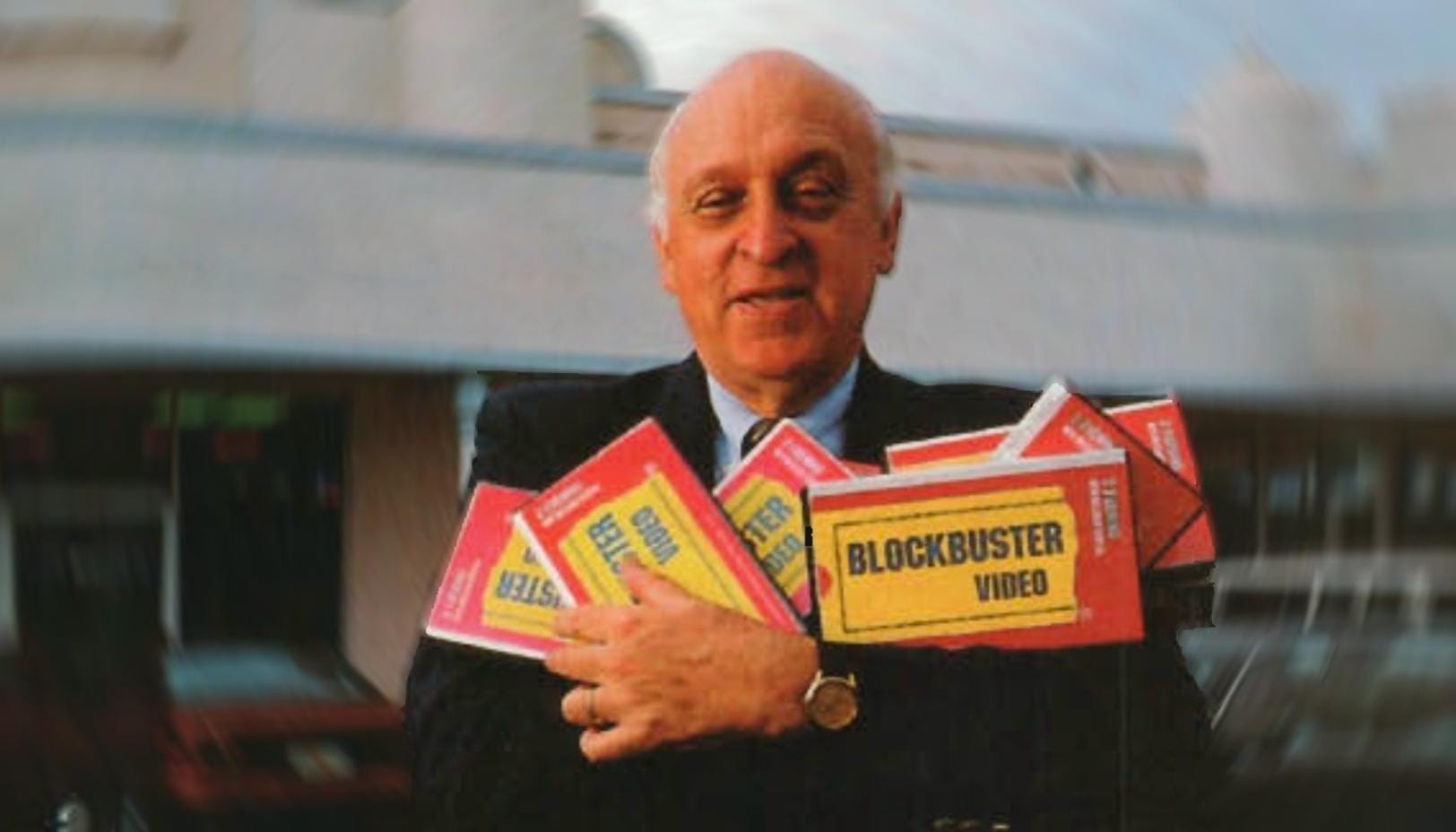
The Little Things that Result in the Big Things
How does a business get a premium valuation when they sell a commodity?
The luckiest part of my investing career is that I’ve been old enough (37) to have emotionally invested through two bear markets (1999-2001 and 2008-2009) but still young enough to take advantage of the lessons learned.

The luckiest part of my investing career is that I’ve been old enough (37) to have emotionally invested through two bear markets (1999-2001 and 2008-2009) but still young enough to take advantage of the lessons learned.
From 1999-2001, while I was in college, I worked part-time for a brokerage firm. I was the “Marketing Administrator” which means I was the secretary who answered the phones. When the Dot Com bubble burst I heard from a large percentage of our 1,200 clients. They called our office in every emotional state you can imagine. And here I was an inexperienced 19 year old trying to calm them down. When I started the job I thought I wanted to be a broker. After the Dot Com experience, I knew I didn’t want to be a broker. Investing is hard enough dealing with your own emotions let alone the emotions of others. Investors can handle volatility as long as it’s only to the upside. In addition, I lost 80% of the capital my parents saved for me to use towards my college education.
In 2008, I had just made the leap to becoming a full-time investor. Simultaneously the markets went into freefall. Great timing right?
During the crisis I realized a few things.
First, The worst place to be invested during a crisis is in liquid, institutionally held microcaps (i.e. the large microcap segment). I found that when the economy or markets show signs of weakening, institutions take risk off. One of the first areas they look to liquidate is exposure to microcaps.
Second, I observed that small microcaps that had great businesses that weren’t institutionally owned did fairly well. Why? Institutions couldn’t sell what they didn’t own. This is a big reason why I try to invest in the least institutionally owned best businesses I can find.
Third, capital continues to flow into new ideas even during a crisis. Institutions are moths, and the flames they are attracted to are growing profitable businesses that they don’t own. During the crisis I got lucky. I say lucky because It was one of those handful of times during an investment career when I timed something perfectly. One of my largest positions hit their inflection point during the crisis. No institutions owned it, and it went up 280% while the markets were down 52%.
The last thing I learned is quality bounces back first. When capital is finally redeployed it floods back into quality businesses first. One of my holdings was down 65% peak to trough during the crisis. Two months after the market bottom the stock was up 200% from its low. In just two months it had recouped all of its crisis losses.
My 2008-2009 experience is burned into my memory, and the result is productive paranoia. As preparation for the next crisis, I constantly reflect upon my portfolio and ask myself the following questions:
If I can answer these questions favorably, then I can sleep at night. If I can’t answer these questions favorably then changes need to be made.
The tendency in a bull market is to lower your hurdle rate for new investments. Investors crave action. Most investors go down quality when they get bored and can’t find new ideas that meet their criteria. And it’s why most investors can’t beat the market.
The bottom line is the best defense for a crisis is a quality business. Once your portfolio is properly defended with high quality businesses, you’ll be able to view the next crisis for what it is: An opportunity.
Today in the United States there are ~70 million Americans between the ages of 19-34. This is roughly 21% of the population. A majority of this age demographic are now investing and have never emotionally experienced a bear market. This age demographic spends a lot of time on social media. Just think of how bad the 2008 crisis would be if it happened today. 70 million people emotionally and financially terrified on social media. This is what I think about and it could be a huge opportunity for those that can disconnect from the crowd.
“A man who wants to lead the orchestra must turn his back on the crowd.”
— Max Lucado
An iteration of this article was written for Vishal Khandelwal of Safalniveshak.com, in their monthly newsletter, Value Investing Almanack, of which I’m also a subscriber.
===> Interact and learn with 250+ of the best microcap investors on the planet. [Join Us]
MicroCapClub is an exclusive forum for experienced microcap investors focused on microcap companies (sub $500m market cap) trading on United States, Canadian, European, and Australian markets. MicroCapClub was created to be a platform for experienced microcap investors to share and discuss stock ideas. Since 2011, our members have profiled 1000+ microcap companies. Investors can join our community by applying to become a member or subscribing to gain instant view only access. MicroCapClub’s mission is to foster the highest quality microcap investor Community, produce Educational content for investors, and promote better Leadership in the microcap arena. For more information, visit http://microcapclub.com and https://microcapclub.com/summit/
Get Alerted to our Next Educational Blog Post

How does a business get a premium valuation when they sell a commodity?

It's often how you react (or don't) to the same situations that shows you how much you’ve grown.

"Call Charlie a lucky man for stumbling onto Cook Data Service, but luck didn't make him a millionaire."